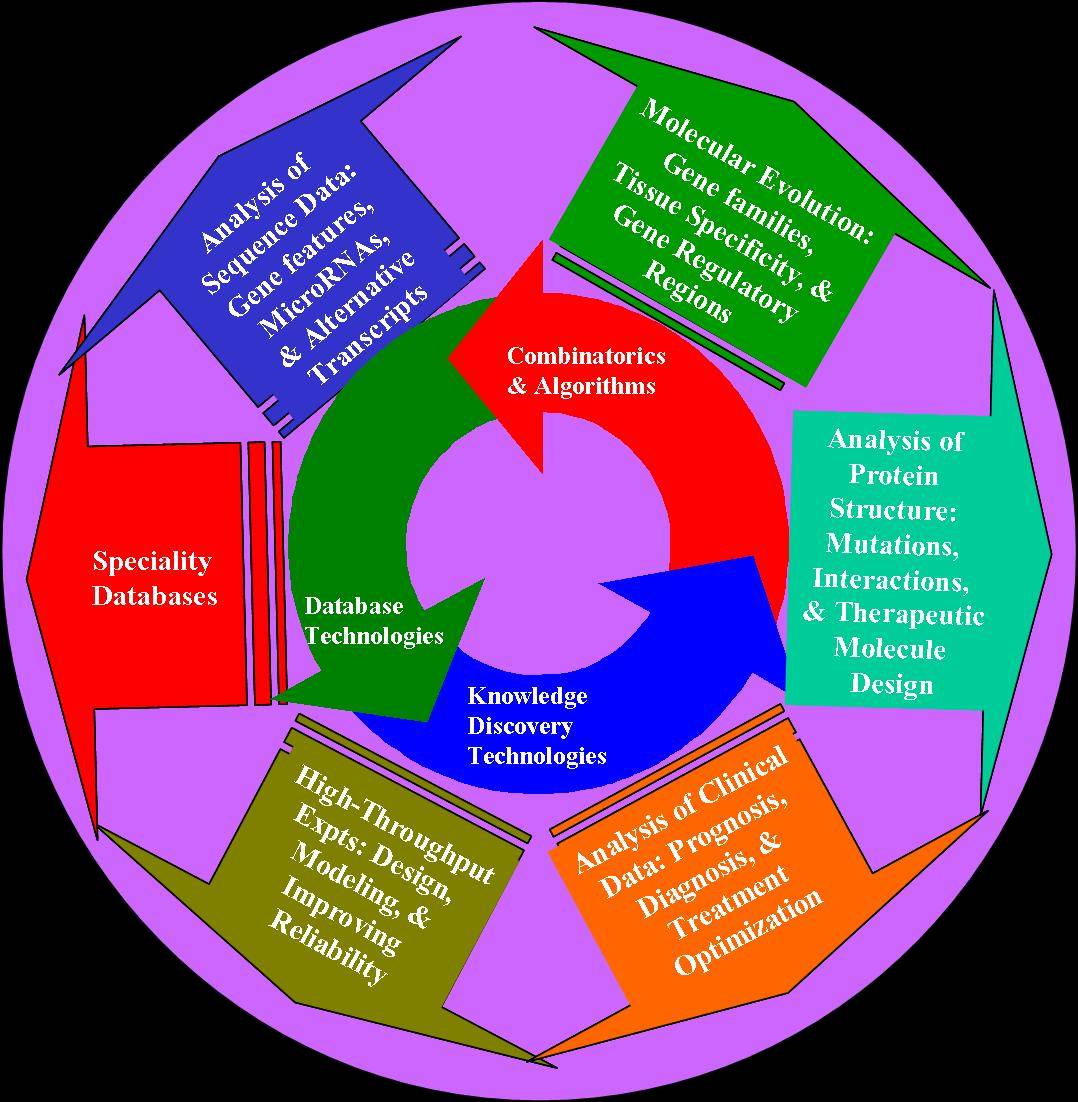 About Us
About Us
 About Us
About Us
The raw sequence of the human genome has been assembled, providing an equivalent of the table of contents for a book that has yet to be written. The majority of the genes have yet to be located, their primary structure have yet to be fully identified, their functions have yet to be fully elucidated, and their product have yet to be described. Similarly, many registries and databases capturing genetic, environment, and drug response information have proliferated in recent years. However, their correlation with sequence and molecular biology data is typically unexplored.
Bioinformatics technologies will play a central role in this process. These technologies will make predictions that guide experiments in wet laboratories, increasing effectiveness while saving both time and cost. For example, accurate prediction on transcription initiation sites of genes and other features of genome allows scientists to home in and identify previously unknown genes for further study. Similarly, comparative analysis of the expression profiles of genes from microarrays measurements of diseased and normal samples has allowed scientists to pinpoint genes relevant to the control of the disease in question. Many more disease-related genes are yet to be discovered using the analysis of such data. Patterns discovered from large databases of clinical records capturing genetic, environmental, and drug response information will also help in identifying the significant factors for disease diagnostic and treatment.
The NUS Bioinformatics Programme was established by the NUS Office of Life Sciences on 18 July 2005 with such a key role in mind.
 To make progress towards our mission, we
To make progress towards our mission, we
We also translate these advances into improvements to human life by effectively applying them on